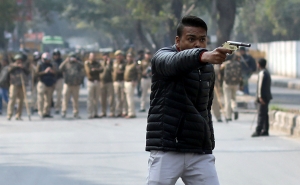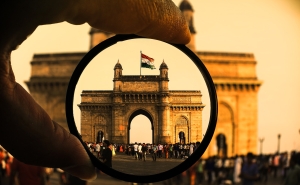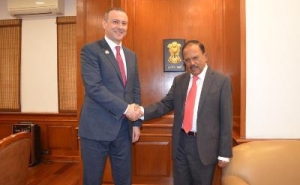There is No Religion For Food, All Are Human Beings
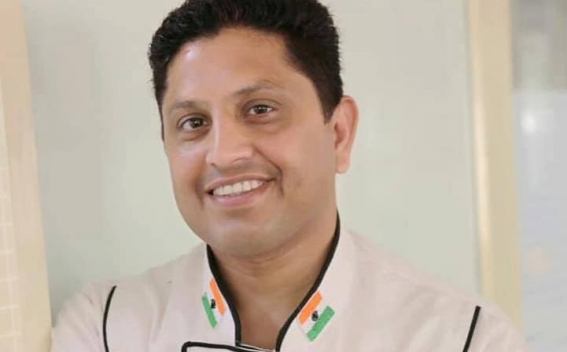
"Armedia" IAA talked to Chef Varinder Singh Rana, Deputy Dean, Faculty of Hospitality, GNA University, Punjab, India
- You have 17 years of experience in hospitality and tourism industry and have already done so many important and interesting things. You are conducting a research on “Food As A Component For Tourist Attraction”, you started a bakery unit at Ludhiana Central Jail. For your remarkable achievements you have received Tourism Award from Punjab Government, Star Achiever Award for regional culinary development from Indian Federation of Culinary Associations, etc. Please tell about your research on Indian traditional food.
- When I went to South India to study hotel management, I worked for a few years, came back to my hometown and realized that we are just losing interest in real food, we are forgetting the basics. So I started searching to revive the lost recipes in North India. While working on this, I found so many interesting things that I decided to showcase them. So I put videos on social media, showed the traditional food of Punjab on DD 1st National TV Channel in the TV program called «Ek Bharat, Sresht Bharat” (one India, talented India).
- Who did you get recipes from?
- I went to villages, met with old people, asked them to recall their childhood memories, how the family members were cooking. I met also with the cooks of royal families. So I got so many interesting recipes and cooking secrets. I tried these recipes with the same parameters, same ingredients, same kind of cooking methods without using any advanced techniques. Some food should be prepared on stove, some – on woods. Majority is cooked in clay vessels. In Himachal Pradesh brass utensils were used.
- What is the reaction of the people to these old recipes?
- When I posted some of the recipes on the social media, I got comments from people who live in other countries. Some of them cooked at home and said that the taste was amazing. Some tried innovations in those recipes because they didn't have those utensils or ingredients. However, they said that they will share all these with their coming generations.
- In ancient Indian medical science Ayurveda it is mentioned that food is medicine. At those times they knew how to make healthy food but now we have forgotten so many secrets…
- Yes, 5000 years back Indians were very much aware of nutritional, hygienic issues. Now we started to speak about nutrition, hygiene – the person who is preparing food should be covered. In Himachal Pradesh, when they prepare dham (food for marriage or other ceremonies when all the community is invited to have food together), only Brahmins (priests from 1st caste – NM) are allowed to cook, and moreover, specific types of Brahmins are allowed. The Brahmin-cook first has to take a bath, then - wear brahmin’s thread on his waist.
Usually there are 2-3 cooks. They clean the area where they have to prepare food. They dig a tunnel-like thing but only half side and put wood inside. They use brass utensils, before using they cover them with ash from outside so after cooking it could be easily cleaned. The time frame for cooking is 6 hours. They cook at least 5-6 dishes in one go, simultaneously. In these 6 hours you have to cook and serve, and 2 hours for eating. You can’t keep food more than that. All this time the food should be on slow flame. The thing is that it takes 6 hours for the bacteria to react with food. The temperature for bacteria to grow is from 5-63 degrees. That is called dangerous zone. After 63 degrees no bacteria grows.
Nobody else is allowed in the cooking area. There are helpers from the community, who wash and cut the vegetables, roll the dough to make chapattis (unleavened flatbread – NM). So it’s a team-work effort. Everything is under the guidance of the Brahmin, and only he does the cooking.
If you go to Amritsar, Golden temple of the Sikhs, you will see how a group of people cook there. On daily basis they cook food for more than 1lakh (100 000 – NM) people.
- And the food is distributed free of cost?
- Yes. These expenses are covered with donations. There are some regular cooks but if you want to join them and help them, you are welcome. In all gurudwaras (temples of Sikh religion – NM) all over India they serve food free of cost 3 times a day – breakfast, lunch and dinner, because our Guru Nanak, our teacher and founder of Sikhism (500 years ago – NM), said that we have to give food to every person who needs it, there is no religion for food, all are human beings. In gurudwaras there are also few rooms which are given to travelers free of cost for 2-3 nights. “Gurudwara” means teacher’s home, which is for everyone.
- What recipe can you share with our readers?
- You told me about Armenian traditional dish “Ghapama” – rice and dry fruits inside pumpkin. I’ll share our pumpkin recipe from Punjab. Cut chicken into small pieces, marinade them. Take 8-10 big grape leaves, put on them chicken pieces, wrap them and put inside the pumpkin. It will cook with the juice of pumpkin and sour grape leaves. Such an aroma! You can make innovation in your ghapama – put these chicken pieces, wrapped in grape leaves, inside rice and cook. You’d love the taste!
- What is your advice to our readers regarding healthy food?
- Eating habits are different for each and everybody and every country. Each individual has their own way of digestion and eating habit. For example they say that you must have 2-3l of water daily. But I can’t, I take only 1 glass of water a day, and I survive. Healthy food for you is the local food, the vegetables and fruits which grow in your area because your body absorbs only those substances you are habituated to and you digest it easily. Eat everything, don’t go for diets but don’t overeat. Just focus on timing and after 5-6pm don’t eat anything. Our body needs some time cycle to digest. One more thing: if you want to live a healthy life, without diseases, every day you must take desi ghee (melted butter – NM).
Interviewed by Naira S.Mkrtchyan
Phagwara, state Punjab, India
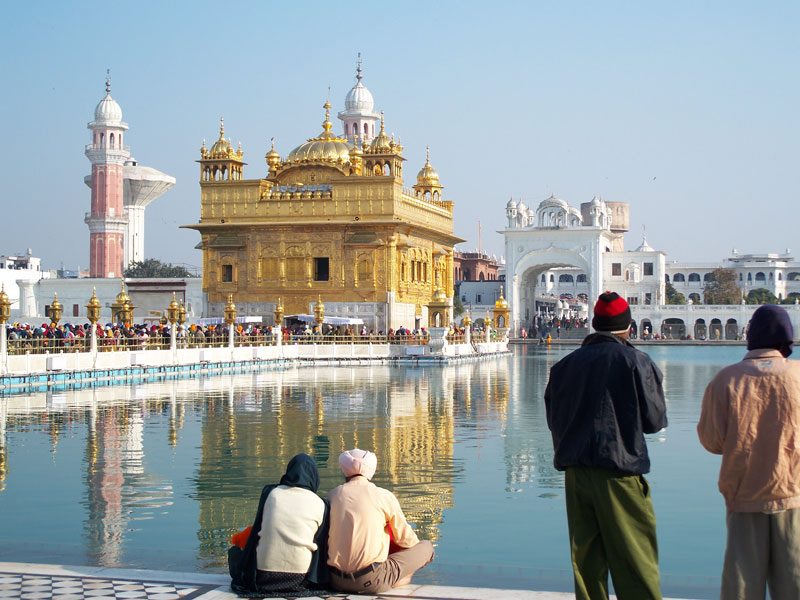
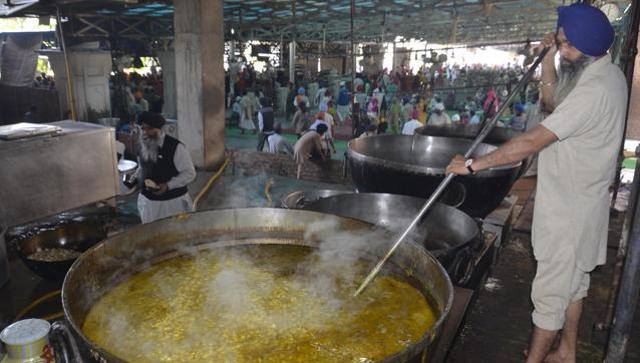
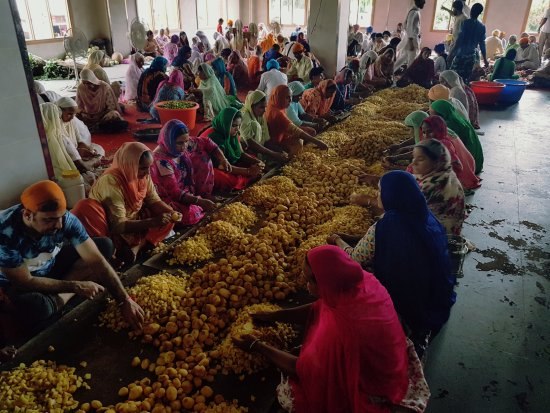
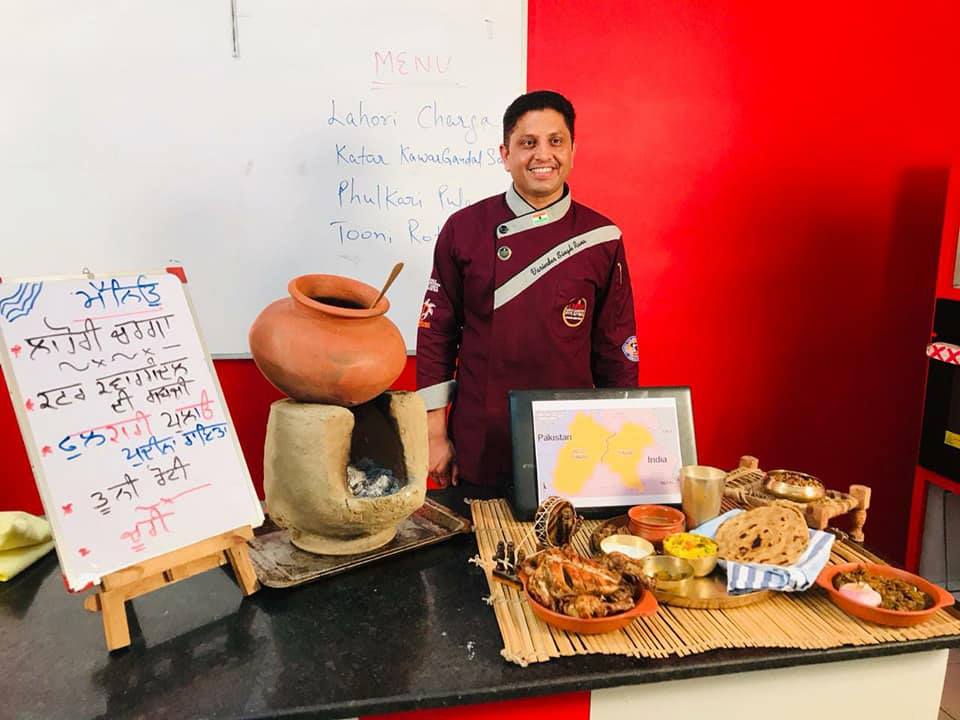
-
 17:08
17:08The regular session of the Anti-corruption Policy Council takes place in Jermuk
-
 15:05
15:05The Prime Minister sends congratulatory messages to the supreme leader of Iran and the President of Iran
-
 11:11
11:11Armenia sends earthquake aid to Turkey
-
 10:43
10:43Commemoration of the Pontiff St. Sahak Partev
-
 09:16
09:16Some roads are closed and difficult to pass in Armenia
-
 19:55
19:55Phone conversation of the Foreign Minister of Armenia with the U.S. Assistant Secretary of State for European and Eurasian Affairs
-
 18:30
18:30Prime Minister Pashinyan and President Khachaturyan meet
-
 18:20
18:20Ararat Mirzoyan with Co-Chairman of the OSCE Minsk Group of France Brice Roquefeuil
-
 17:01
17:01Humans could land on Mars within 10 years, Musk predicts
-
 16:45
16:45France, US urge 'immediate' end to Nagorno Karabakh blockade
-
 16:01
16:01Blockaded Nagorno Karabakh launches fundraiser to support quake-hit Syria
-
 15:59
15:59Earthquake death toll in Turkey rises to 18,342
-
 15:43
15:43Ararat Mirzoyan Held a Telephone Conversation with Sergey Lavrov
-
 15:06
15:06French president rules out fighter jet supplies to Ukraine in near future
-
 14:47
14:475 Day Weather Forecast in Armenia
-
 14:44
14:44President Vahagn Khachaturyan wrote a note in the book of condolences opened in the Embassy of Syria in Armenia
-
 14:20
14:20Azerbaijan’s provocations impede establishment of peace and stability – Armenian FM tells Russian Co-Chair of OSCE MG
-
 12:57
12:57France representation to OSCE: Paris calls on Azerbaijan to restore freedom of movement through Lachin corridor
-
 11:40
11:40Command of Kosovo forces highly appreciated preparation of Armenian peacekeepers
-
 10:16
10:16The United States withdrew from sanctions against Syria for six months the provision of assistance after the earthquake
day
week
month
Humidity: %
Wind: km/h


